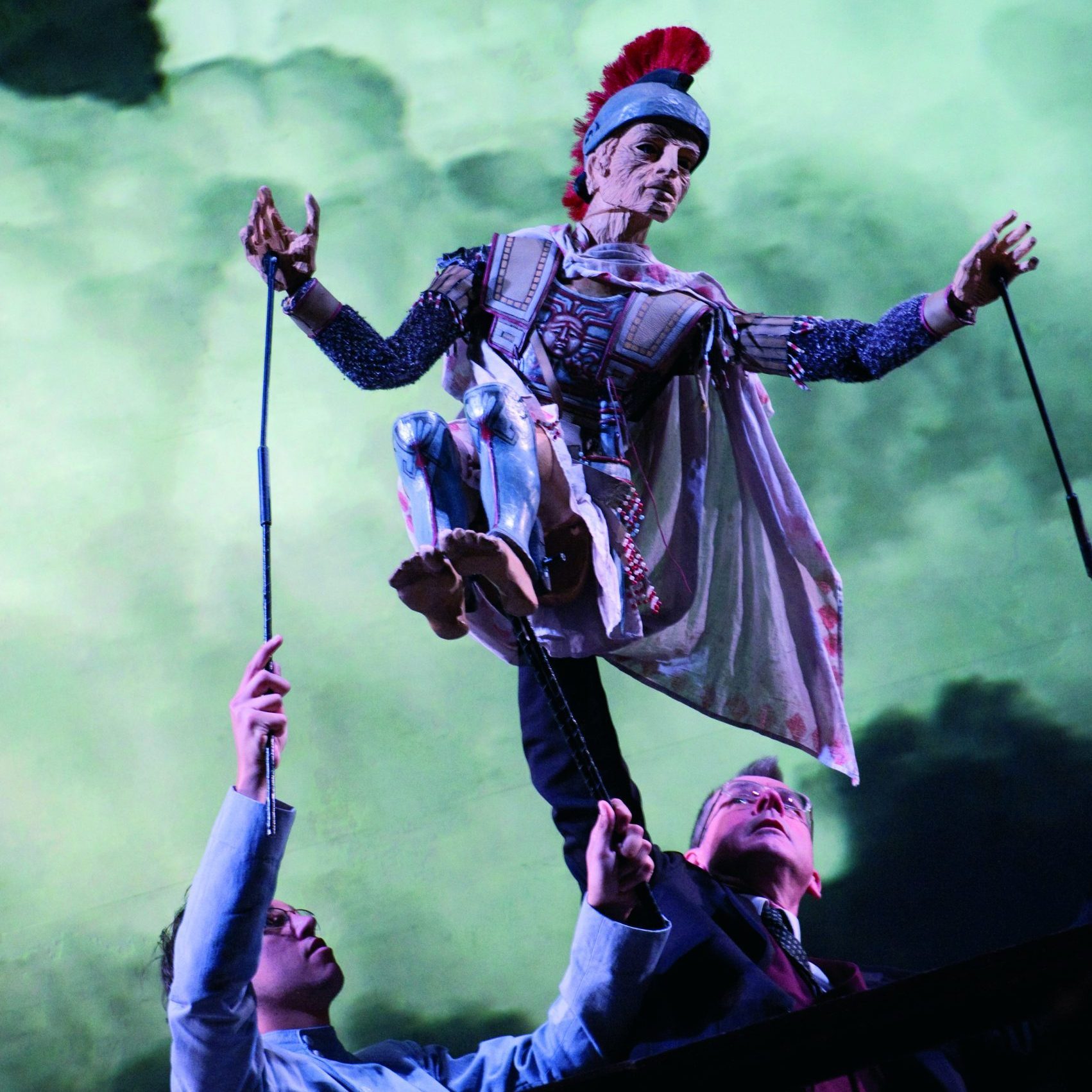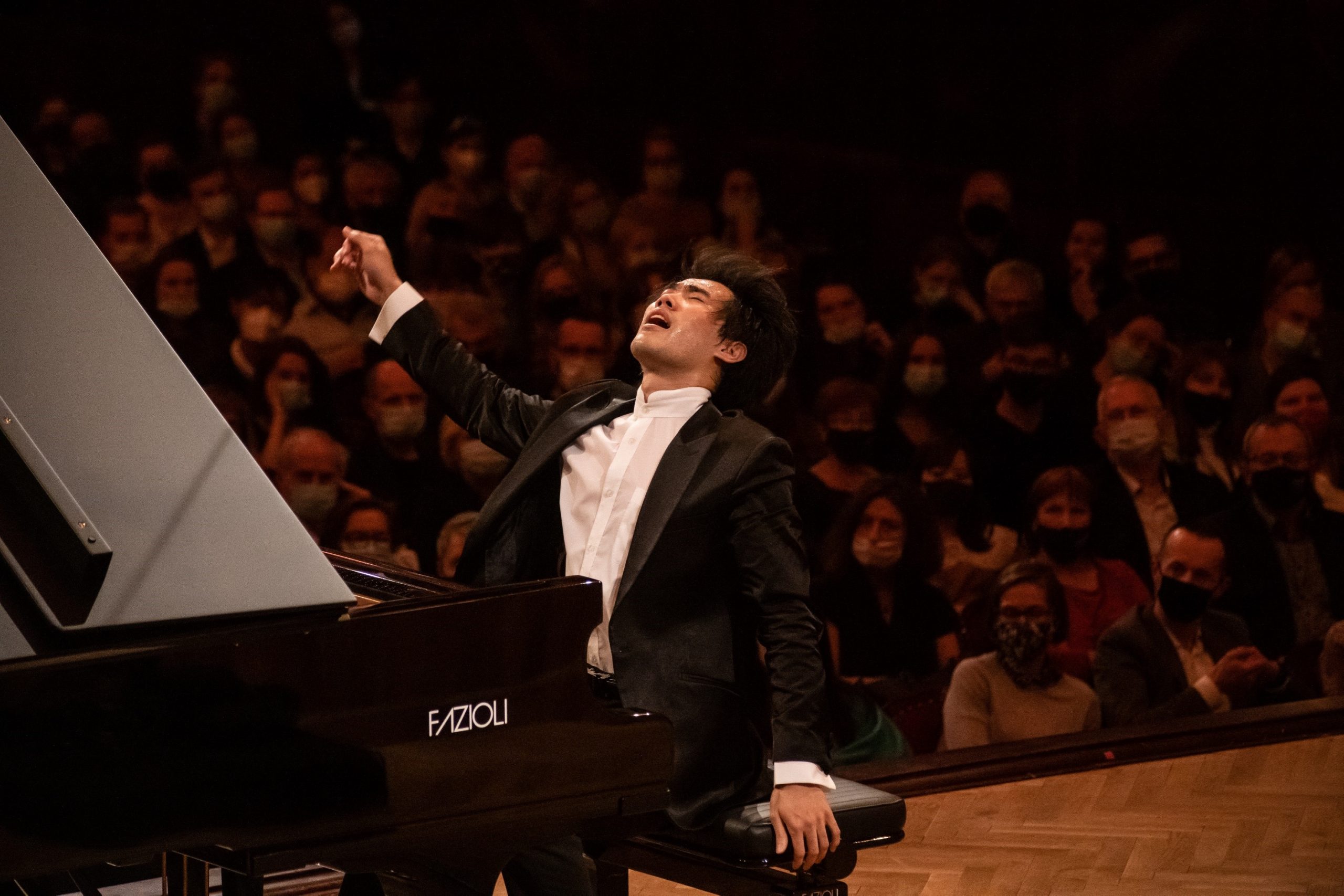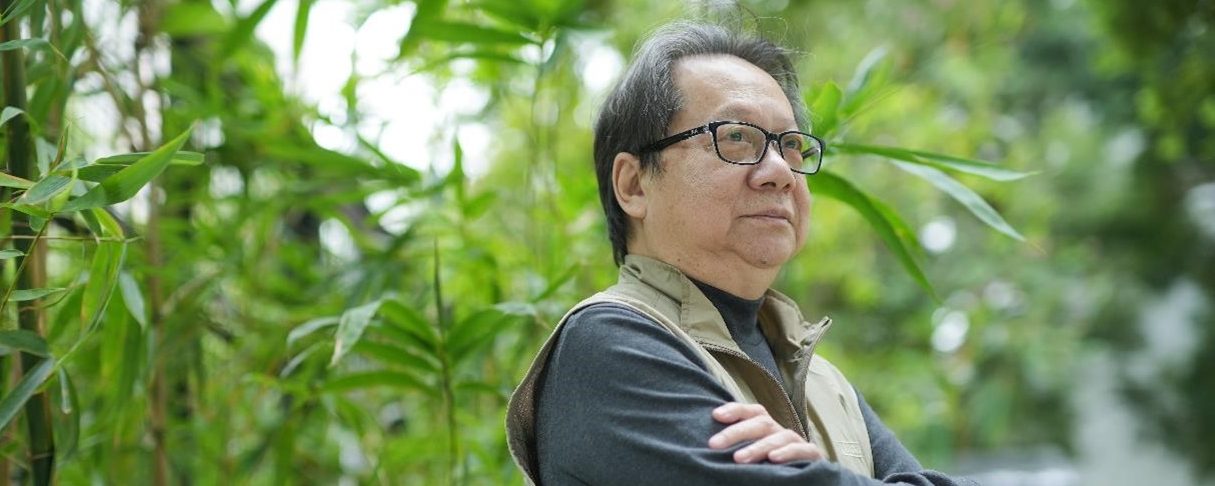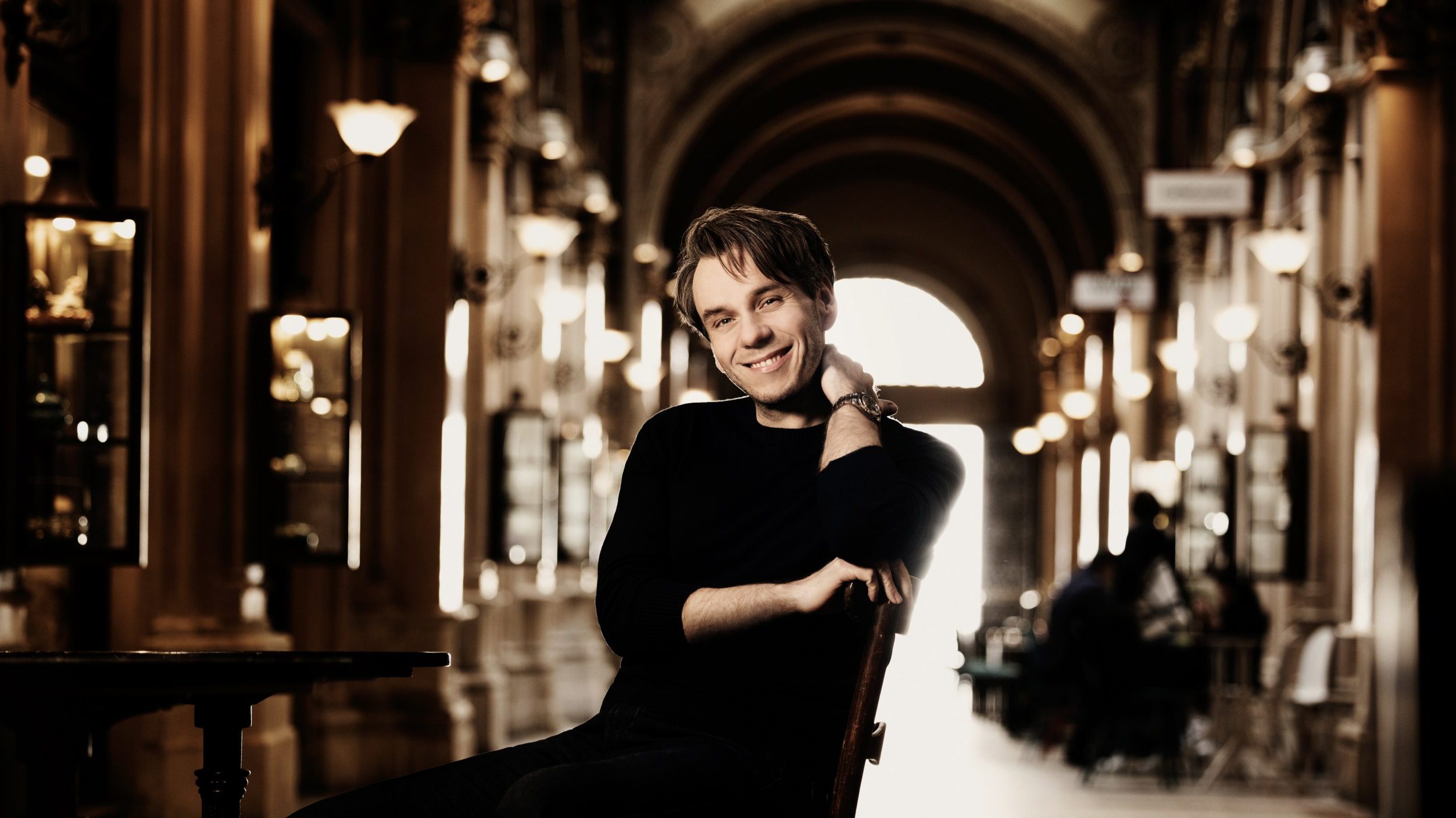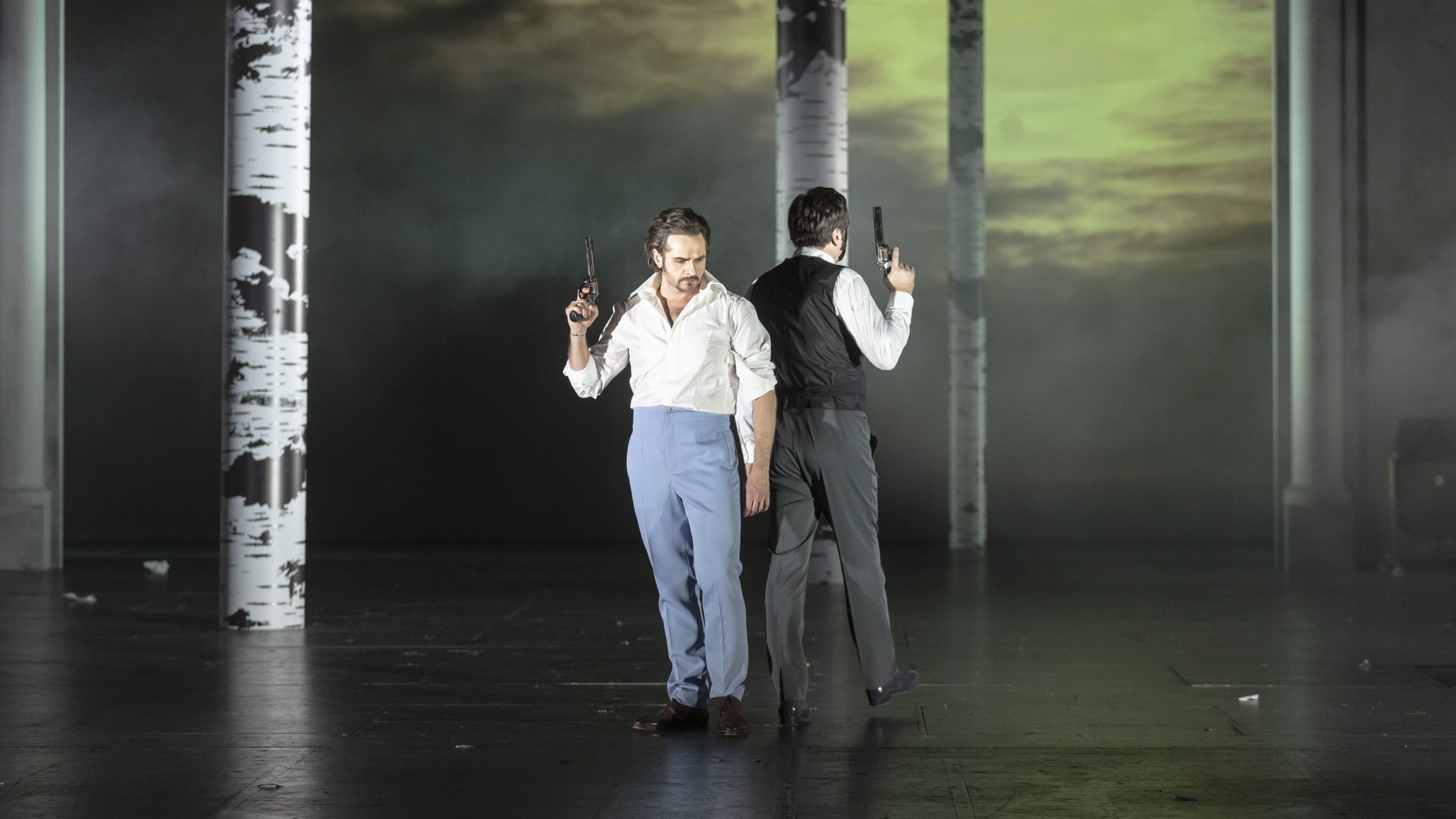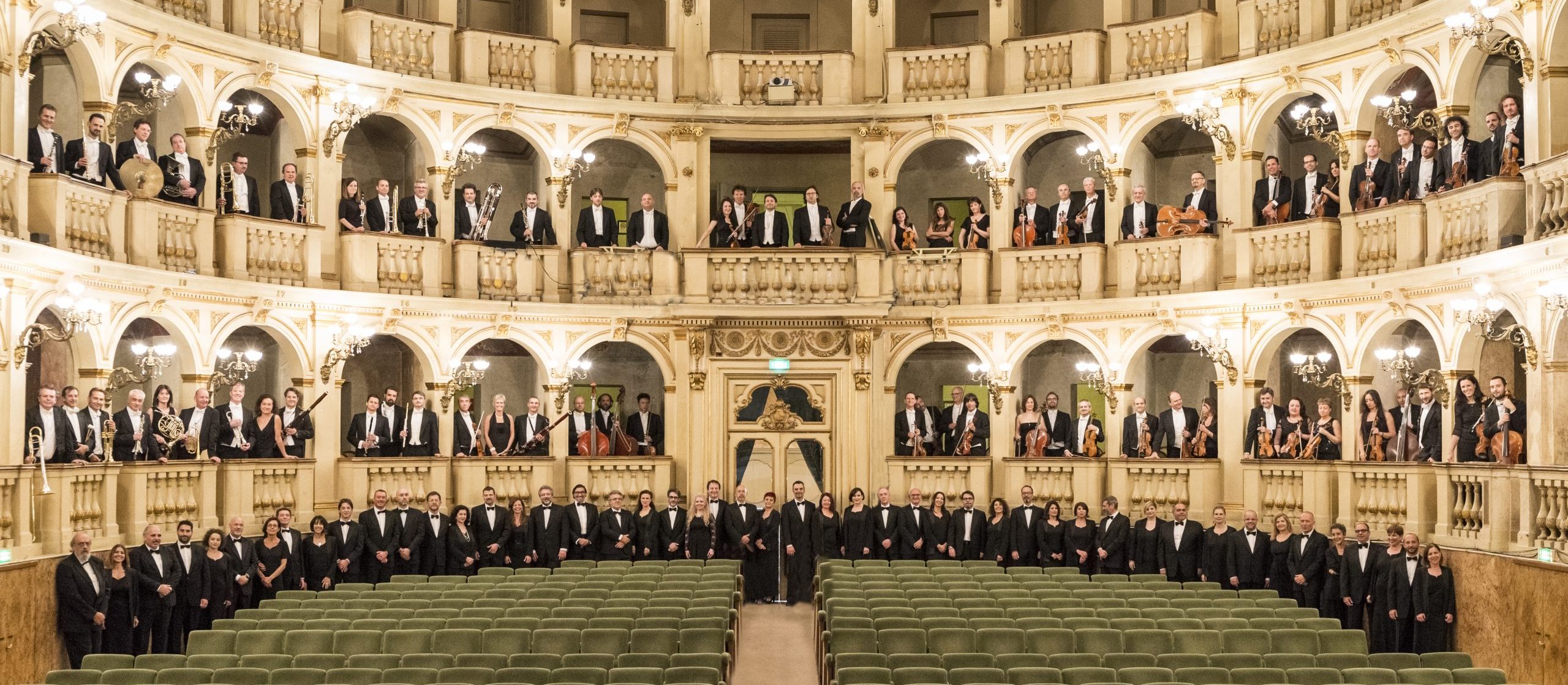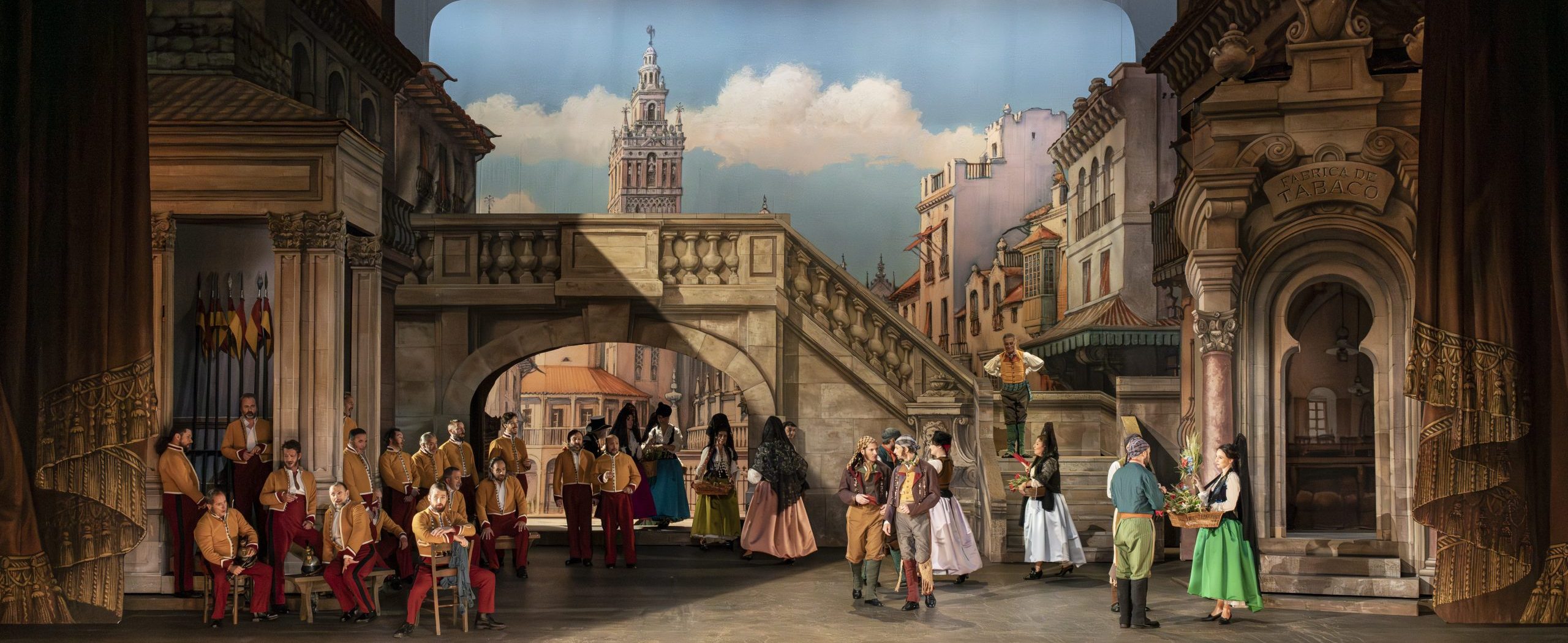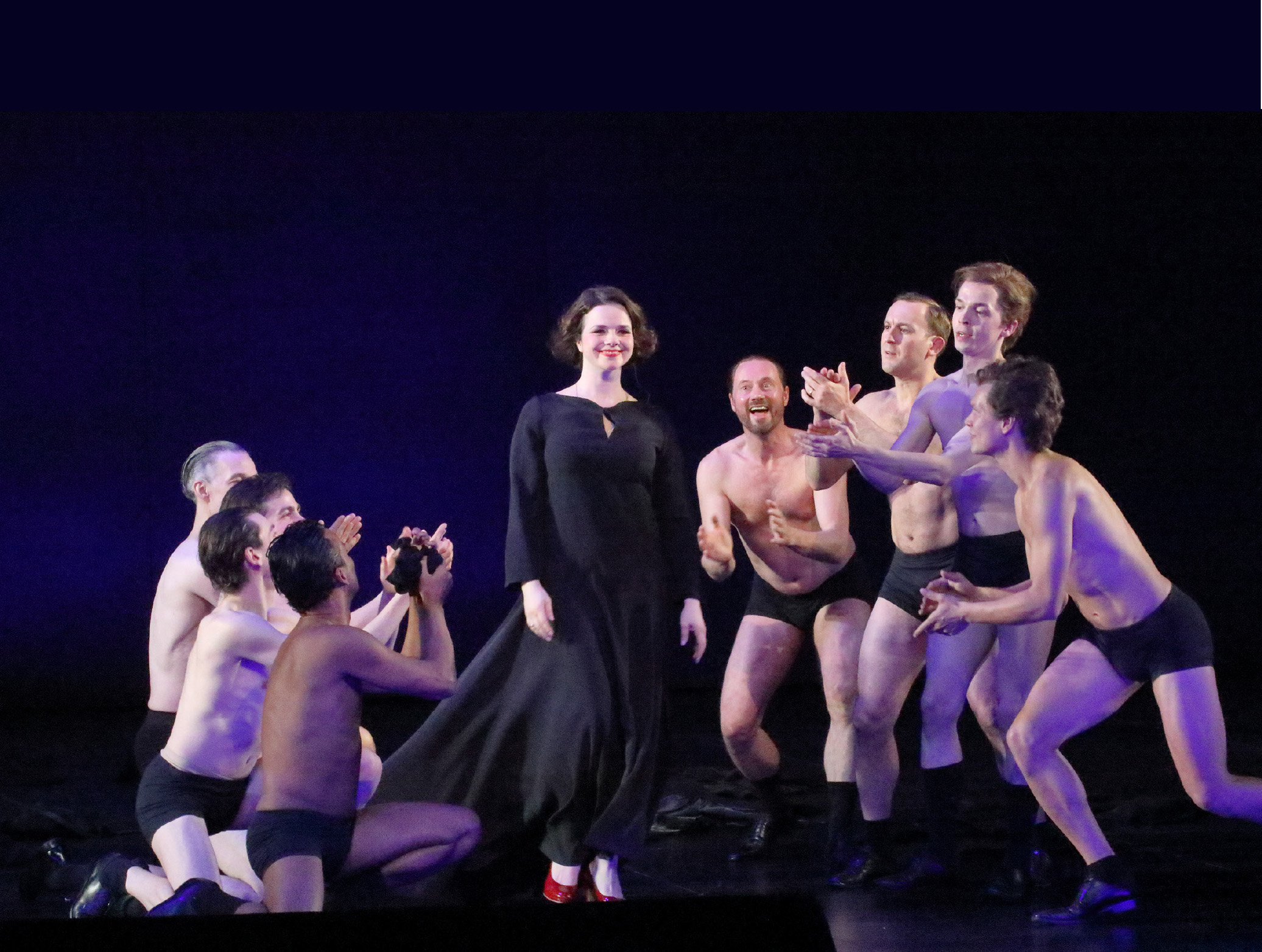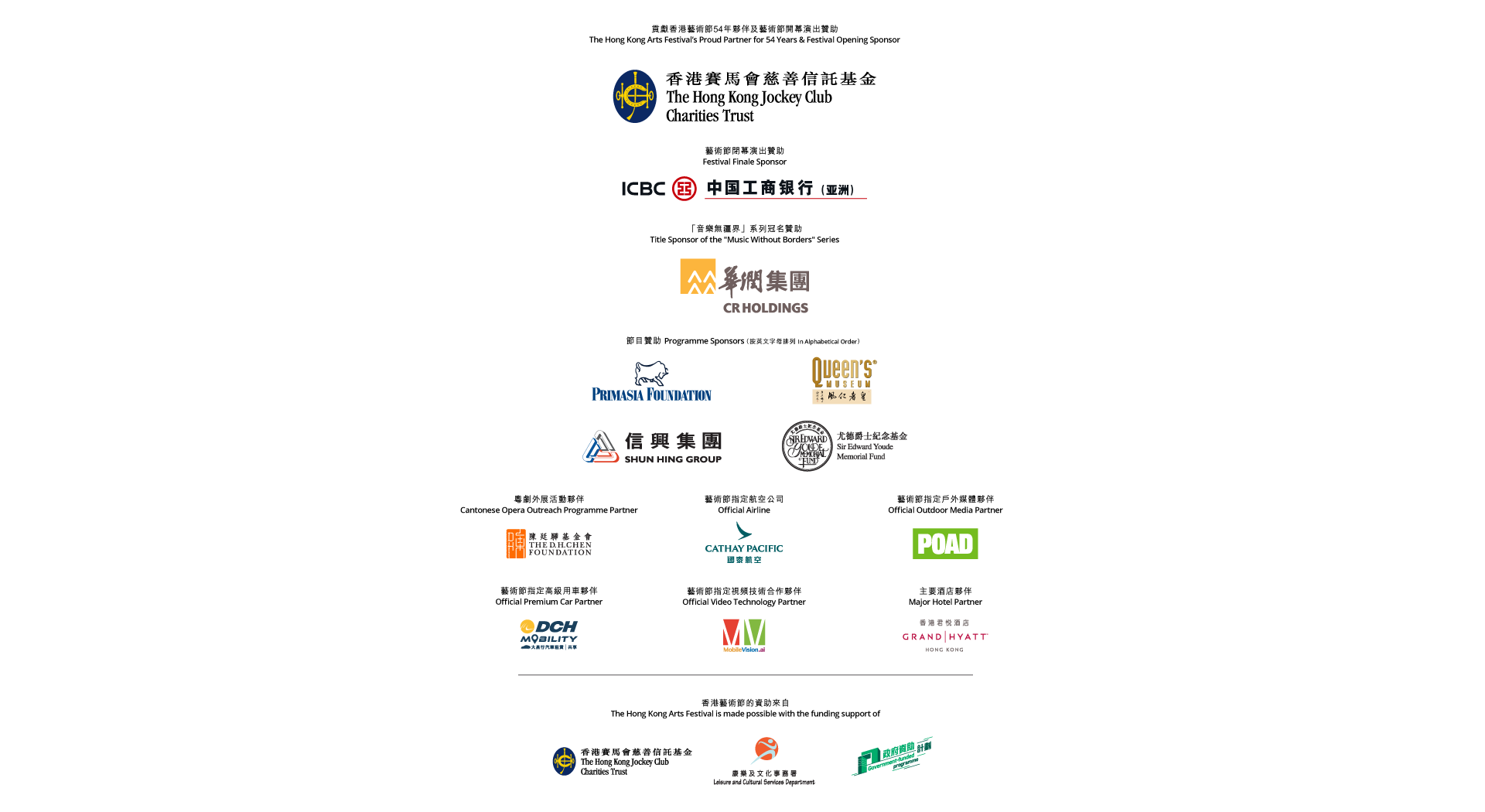South Africa's Handspring Puppet Company has revolutionised the art of stage puppetry. A production of 17th-century opera The Return of Ulysses brings the company's genius to Hong Kong.
This, ladies and gentlemen, is very far from your typical opera. Yes, it's a production of The Return of Ulysses, a 17th-century opera by Claudio Monteverdi (1567-1643). But joining the singers onstage are life-size puppets representing the characters, as well as their puppeteers, who are fully visible to the audience, alongside animated charcoal drawings and projections.
Taken from the second half of Homer's Odyssey, Monteverdi's opera The Return of Ulysses (1640) tells the story of the homecoming of Ulysses, king of Ithaca, following the Trojan Wars. He discovers that three villainous suitors are trying to woo his wife, Penelope, and vanquishes them with the aid of a cast of characters that takes in everyone from his son, Telemaco, to a range of mythological gods.
Monteverdi (1567-1643), a fascinating figure who stood at the crossroads of the Baroque and Renaissance periods, was a composer and at various times a court musician and a priest. He enjoyed a dramatic burst of creativity towards the end of his life that included his important operas, including Il ritorno d'Ulisse.
A New Take on Baroque
This production was conceived by South African contemporary artist William Kentridge, a formidable renaissance man whose work has also taken in paintings, drawings, animated films, tapestries, sculptures and murals—and operas that tend to break all the rules.
This one, for a start, departs from Baroque music traditions, dispensing with instruments such as brass to strip the instrumented parts down to seven string instruments. Then there's the setting, relocated from classical Greece to mid-20th-century Johannesburg, where Ulysses is dying in a hospital ward. And finally, there's that staging, which involves the singer performing to the audience through the intermediary of the puppet, while still being physically on stage, alongside the puppeteer—dramatically upending the usual dynamics between the various parties.
The puppets are the work of South Africa's Handspring Puppet Company, which has been creating wildly innovative puppetry performances since the early 1980s.
"We learned the technique, of course, from classical Japanese puppetry, which revealed that manipulation adds something to the performance," says Handspring co-founder Adrian Kohler. "The audience knows that the puppet isn't an automaton, so why not include that? It allows the audience to approach the metaphorical nature of the figure in a different way. You make a pact, really, with the audience, when you do something as odd as this, with three people creating one character—and they buy into it. It's a leap of imagination. That creates a kind of magical connection between the audience and the performers. It's why we love puppets: you have to provoke the audience into responding."
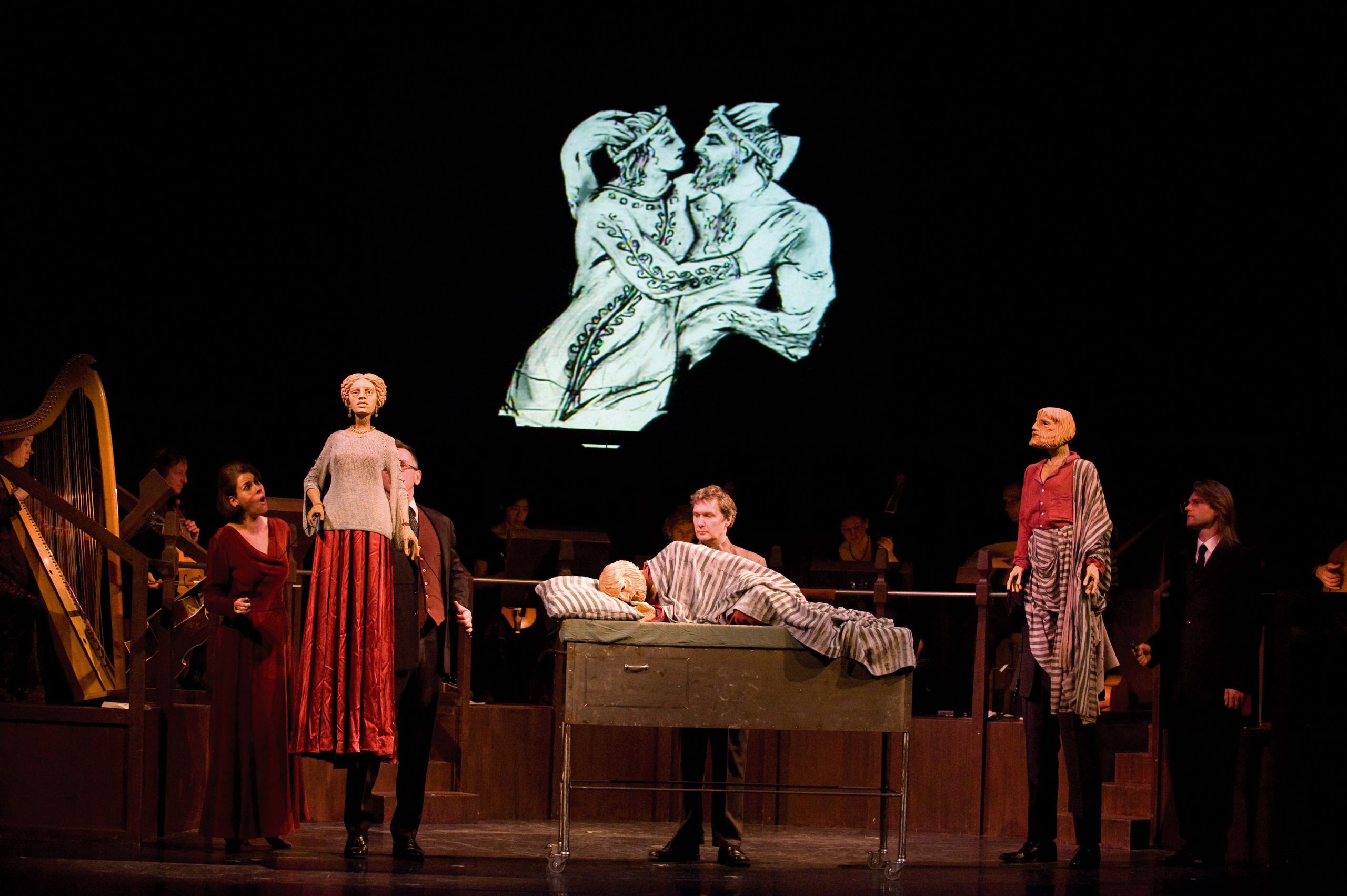
The Power of Breath
Handspring's numerous well-known productions began with 1985's Episodes of an Easter Rising, which told the story of a white lesbian couple who accidentally become part of South Africa's anti-apartheid struggle. The company has had a 30-year association with Kentridge, which began in the 1996 with Ubu and the Truth Commission, an absurdist take on the proceedings of South Africa's post-apartheid Truth and Reconciliation Commission. They first came to Hong Kong in the 1996 with their production Woyzeck on the Highveld, another collaboration with Kentridge, which relocated Georg Büchner's 19th-century tale of an emotionally damaged soldier to the 1950s.
They first performed The Return of Ulysses in 1998, but it's been revived on numerous occasions since. Originally directed by Kentridge, for the latest revival the reins are taken by Luc de Wit, himself a renowned opera director who has worked extensively alongside Kentridge since 2005.
"At first, in 1998, we had a huge challenge with the singers," says Kohler's fellow co-founder, Basil Jones. "We had to work with them and they had to work with us. This had never really been done before. We didn't know how to communicate with them. They're like racehorses: they're highly pedigreed beings, on a different level from us. I think they were distrustful of working with us.
"At a certain point, we started to understand that the way to communicate with them was through breathing: our puppets breathing with and through them. We immediately started to find a way of talking with them that wasn't about words, but micro-movements. It was a complete revolution in our understanding. We'd always worked on the understanding that in theatre, you make it big—that people wouldn't recognise anything small. But with a 5mm breath, you could still see it from the back of the theatre. It's a language we all know that's unspoken, secret, unacknowledged.
"The puppet takes a breath at the same time as the singer takes a breath. It meant we had to learn the libretto, all of us, in Italian. It required a real giving from us as puppeteers. I think it can be said that most puppet companies today use Handspring's breathing technique. We teach it to everyone. If you empower an audience to be extremely perceptive, it will be." [Editor's note: a talk about puppet breathing method will take place on 12 March 2023. Please visit the website of HKAF for details]
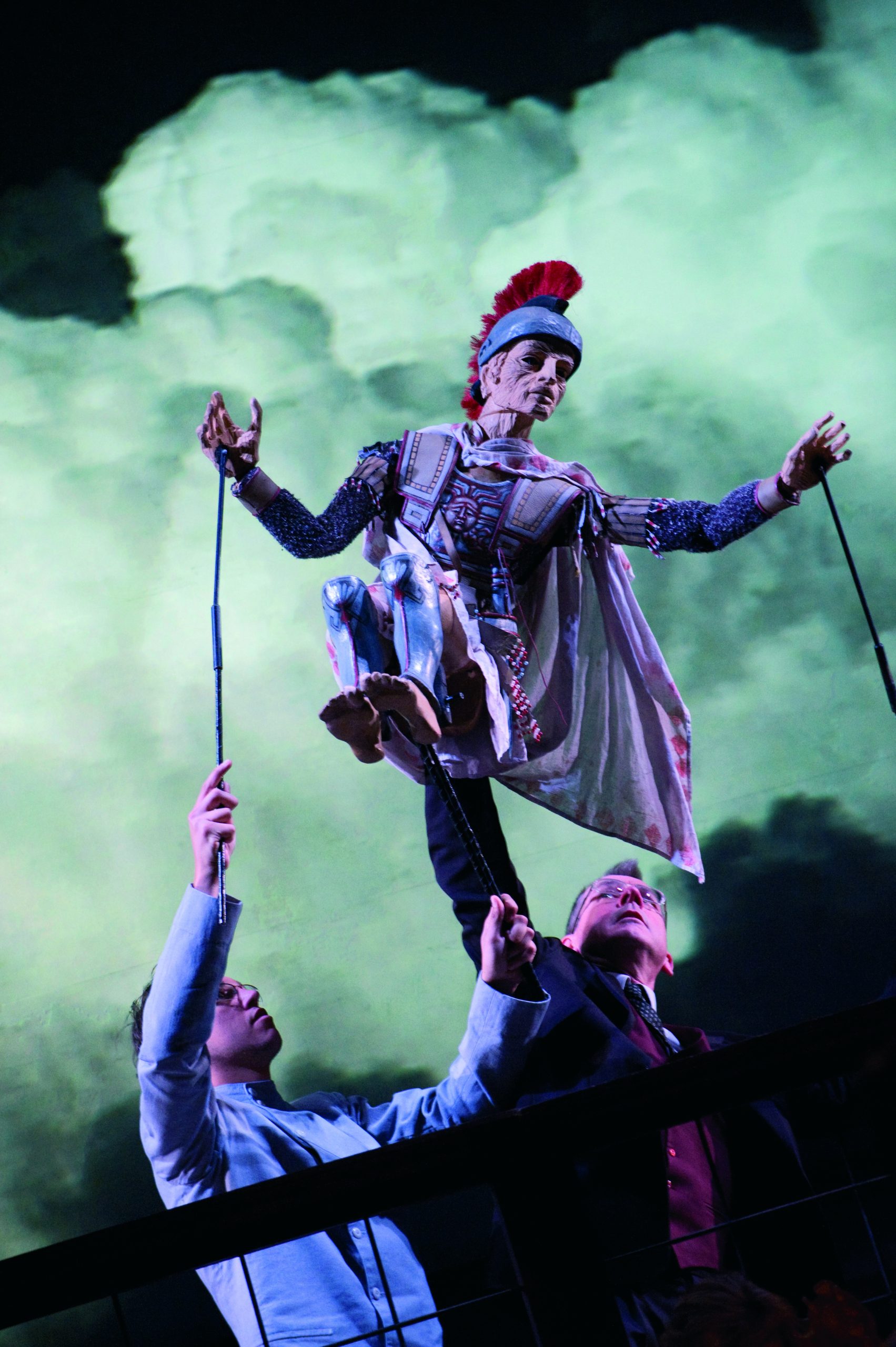
Monteverdi's Il Ritorno d'Ulisse (The Return of Ulysses)
Detail: https://www.hk.artsfestival.org/en/programme/the_return_of_ulysses


